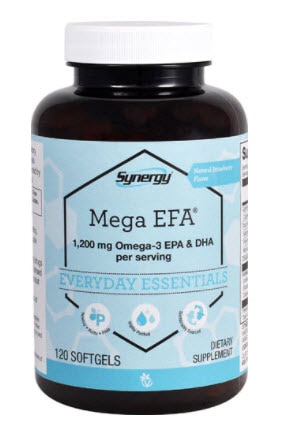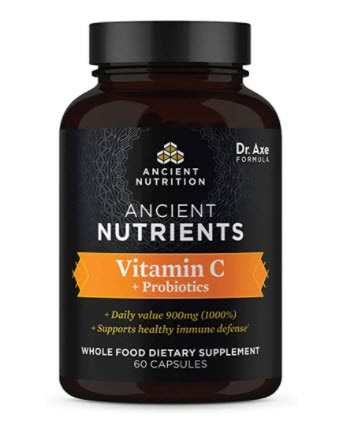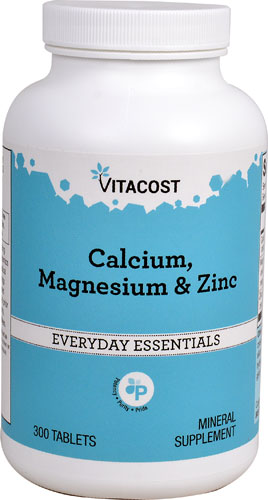Most experts will tell you that a
healthy diet should be priority number one when it comes to meeting your nutritional needs, however there are some instances when supplementing may be beneficial to boost your intake.
If you’re taking more than one
vitamin or mineral each day, you may be wondering what vitamins should not be taken together at the same time.

Because many nutrients interact with one another and affect how well your body can utilize each one, it’s a good idea to pay attention to
when you supplement in addition to
how much you take.
There are also some nutrients that are better absorbed with a meal, such as
fat-soluble vitamins that should be taken with a source of healthy fats, which can affect the day of time you’ll want to take them.
Let’s take a closer look below at vitamins you’ll want to skip taking together, as well as those that complement one another.
What vitamins should not be taken together
Here are nutrient combinations you’ll want to avoid taking together:
Iron and calcium
Taking calcium and
iron supplements together will block some iron from being fully digested, plus it may lead to an upset stomach. While you don’t need to go crazy planning your meals perfectly to avoid this combination, it can be helpful to avoid an iron supplement with a high-calcium meal, such as with milk or leafy greens. Instead, take iron on empty stomach if possible, or at least separate these supplements by taking one in the morning and the other later in the day.
Vitamin C and vitamin B12
To help your body use these essential nutrients, space out
vitamin C supplements from vitamin B12 supplements by at least 2 hours. Vitamin C can interfere with your ability to absorb
B12, so it’s best to take these separately.
High doses of calcium, zinc or magnesium
Although they work together to support bone health and healthy immune function, these minerals compete for absorption. They may all be combined in a multivitamin, but if you’re taking them individually it’s best to space them out.
Copper and zinc
Zinc can interfere with copper absorption, especially if you take high doses every day. Generally speaking, taking large amounts of minerals with other minerals will reduce absorption of both, so try to take them at least 2 hours apart if possible.
Other strategies to help your body absorb nutrients most effectively:
1. Avoid taking fat-soluble vitamins on an empty stomach. These include vitamins A, D, E and K, which are absorbed best with some fat (such as
olive oil,
nuts, seeds, fatty fish, eggs or avocado). While you may be taking these vitamins together in a multivitamin, if you’re taking individual fat-soluble vitamins it’s recommended that you space them out.
2. Most often, multivitamins should be taken with a meal in order to prevent nausea. Many high-quality multivitamins, such as those that are “food based,” may also require more than one dose in order to help you absorb more of the nutrients.
3. B vitamins can be taken together (and may be combined into a “B complex” supplement). B vitamins include thiamin (B1), riboflavin (B2), niacin (B3), pantothenic acid (B5), pyridoxine (B6), biotin (B7), folic acid (B9), and cobalamin (B12), which can be taken with or without food.
4. While there are some vitamins you should avoid taking together, there are others you’ll want to combine in order to support absorption. Pair together iron and vitamin C to help with absorption. Vitamin D and calcium can also be taken together to help with absorption and to support bone health and beyond.
5. If you take an antioxidant supplement, take it separately from a multivitamin for the most beneficial effects. Be especially careful about avoiding taking calcium supplements and antioxidant supplements together, since calcium can decrease how the body uses
carotenoids like beta-carotene, lycopene and astaxanthin,
6. Keep in mind that supplements containing vitamins, minerals and omega-3 fatty acids can also interfere with many common medications, such as blood thinners and thyroid medications. Therefore, talk to your doctor about your supplement routine if you take daily meds.
Featured products:


 Because many nutrients interact with one another and affect how well your body can utilize each one, it’s a good idea to pay attention to when you supplement in addition to how much you take.
There are also some nutrients that are better absorbed with a meal, such as fat-soluble vitamins that should be taken with a source of healthy fats, which can affect the day of time you’ll want to take them.
Let’s take a closer look below at vitamins you’ll want to skip taking together, as well as those that complement one another.
Because many nutrients interact with one another and affect how well your body can utilize each one, it’s a good idea to pay attention to when you supplement in addition to how much you take.
There are also some nutrients that are better absorbed with a meal, such as fat-soluble vitamins that should be taken with a source of healthy fats, which can affect the day of time you’ll want to take them.
Let’s take a closer look below at vitamins you’ll want to skip taking together, as well as those that complement one another.





